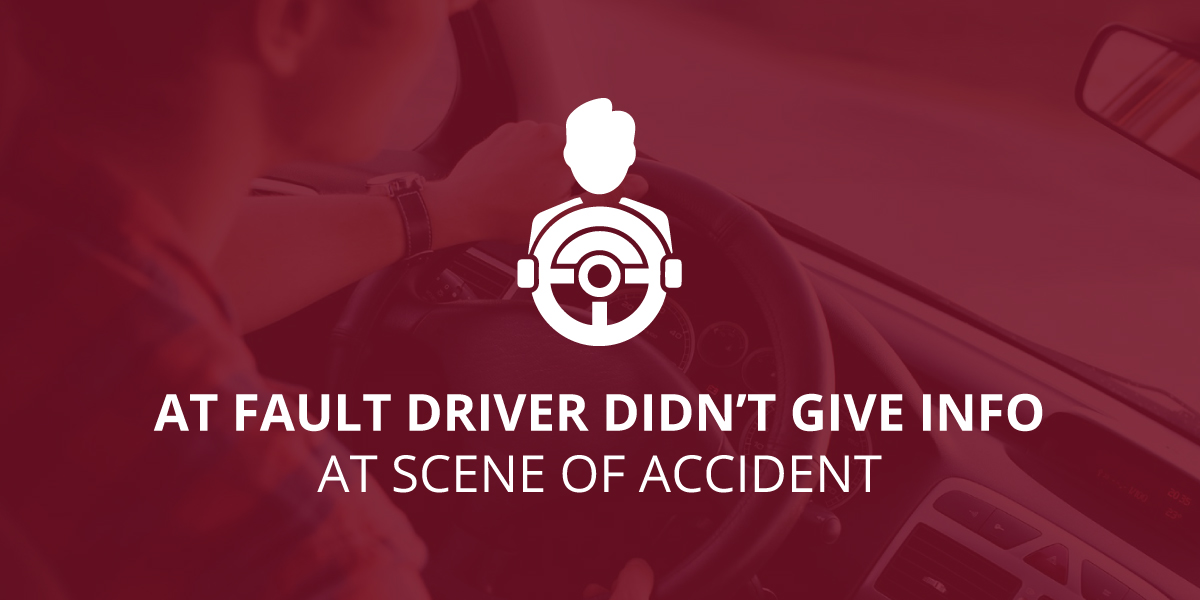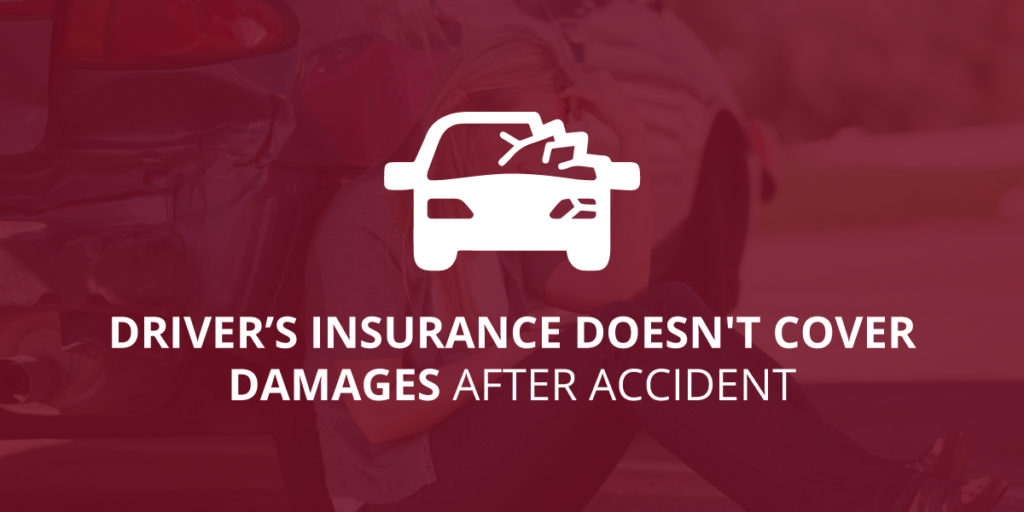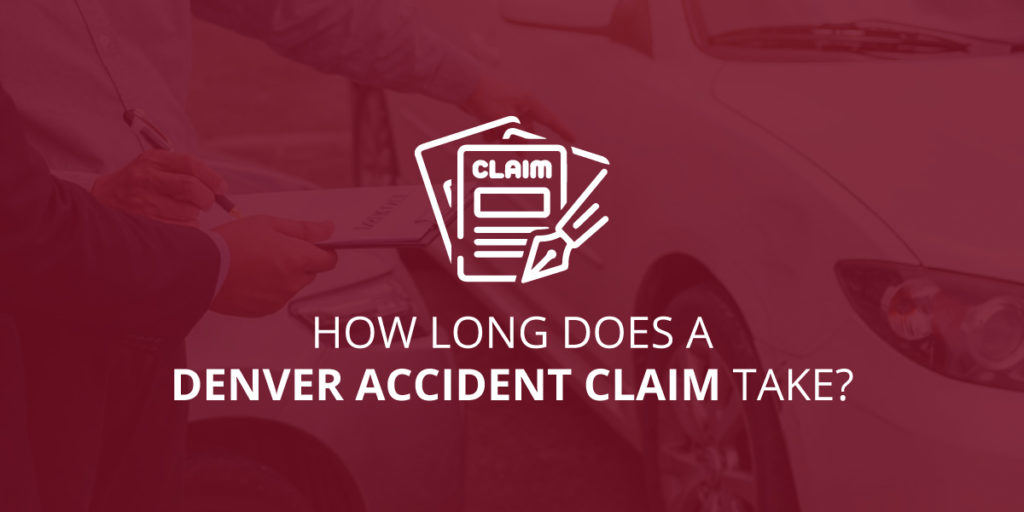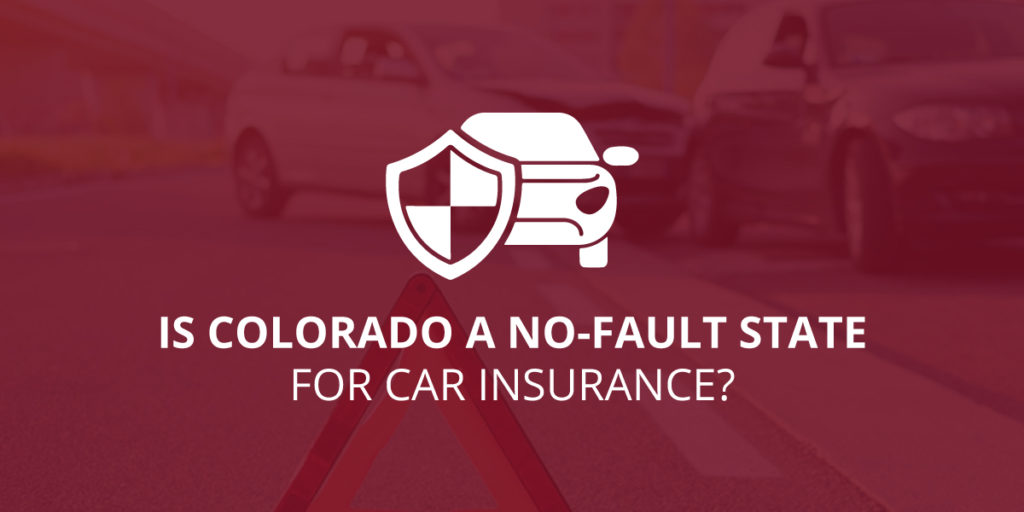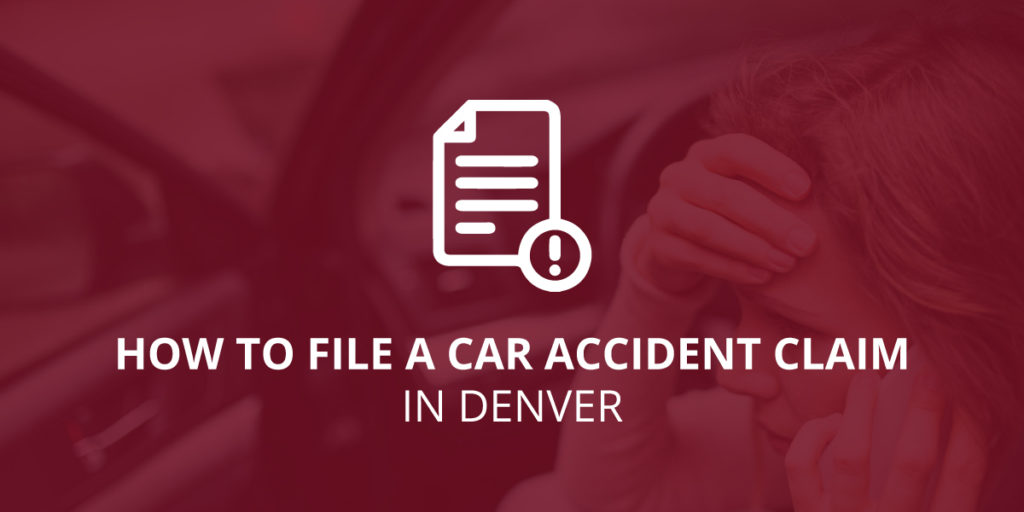After a Denver motor vehicle accident, some at-fault drivers may fail to provide identifying information or proof of insurance at the scene of the crash. In the chaos that ensues after an accident has occurred, some drivers may simply forget to provide their information. Others may not be able to locate it in their vehicles.
However, some at-fault drivers may try to avoid liability and outright refuse to provide their information to other drivers involved in the accident. They may leave the scene of the accident without even telling accident victims their names.
Fortunately, even if an at-fault driver does not provide identifying information at the scene of an accident, Colorado motor vehicle accident victims have remedies available to recover damages.
Identifying the At-Fault Driver
Even if the at-fault driver did not provide information at the scene of the accident, it may still be possible to identify the individual.
For example, license tag information, even partial, can help identify the driver. This is especially the case if the color and make of the vehicle are also reported.
Witnesses may also be able to provide information that helps identify the at-fault driver.
In many accident claims, surveillance camera footage from traffic cameras, businesses, or private residences has been used to identify at-fault drivers. Through their attorneys, accident victims may ask property owners located near the accident scene if they captured the crash on tape.
Once the at-fault driver has been identified, accident victims may proceed with filing an insurance claim or lawsuit against him or her. Personal injury attorneys identify at-fault drivers and pursue claims against them so that their clients may focus on recovering from their injuries.
If the At-Fault Driver Cannot Be Identified
In some accident cases, it is not possible to identify the at-fault driver. However, accident victims may be able to use their uninsured or underinsured coverage on their own insurance policies to recover damages. This type of coverage replaces the coverage the at-fault driver should have had to properly compensate the victim.
Steps to Take After a Car Accident
After a motor vehicle accident, there are certain steps you should take to protect your legal rights and strengthen your claim.
First, you should contact the local police and file a report. According to Colorado law, traffic accidents should be reported immediately.
If possible, you should take photos of the scene of the accident, as well as the other vehicles involved in the crash. Take pictures of any traffic signals and traffic signs. Note the layout of the accident scene–was it at an intersection, for example?
Photographs are also helpful to show weather and road conditions at the time of the accident.
It is also beneficial to obtain the names and contact information for any witnesses present at the accident scene. These witnesses may be able to provide helpful information that supports your case.
If you have been injured, you should seek medical attention. You may ask first responders for help or you may have someone take you to a local emergency department. If you are injured and fail to seek medical attention, the at-fault insurance company will likely use this against you in your case.
Also, you should be sure to inform your insurance company that you have been involved in an accident. Many insurance policies have deadlines by which an accident must be reported, even if their policyholder was not at fault. Make sure you review your policy and report your accident in a timely manner.
Speak with an experienced Denver car accident attorney as soon as you are able. Your attorney will be able to begin working on your case to help you obtain adequate compensation for the losses you have suffered.
Jennifer Donaldson Has Three Decades of Experience in Accident Claims
Denver personal injury attorney Jennifer Donaldson has represented clients in the Denver area for three decades. Ms. Donaldson works hard to obtain fair and just results for her clients. To schedule a free consultation with Donaldson Law, LLC , contact us at 303-458-5000 today.

